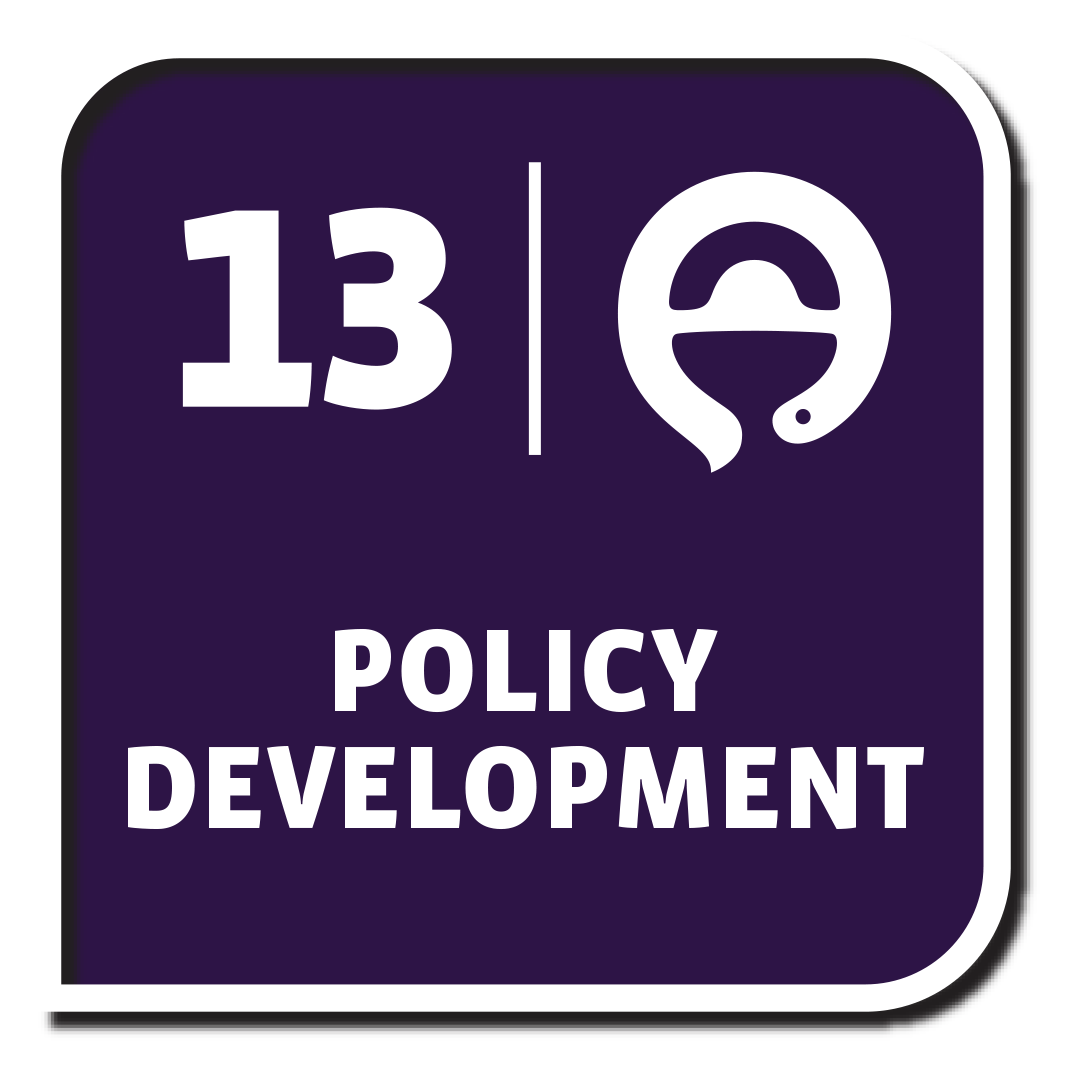PSWE-04 - Healing heroes: Military pharmacists in action
Tracks
Auditorium 11
| Wednesday, September 3, 2025 |
| 11:00 - 12:30 |
| Auditorium 11 |
Details
Organised by the FIP Military and Emergency Pharmacy Section in collaboration with the FIP Community Pharmacy Section
Chair(s)
Colonel Matthias Meyer, German Federal Armed Forces (Bundeswehr), Germany & Ms Nita Sood, Retired US. Public Health Service, USA
Introduction:
The military health system serves two key purposes: supporting combat and humanitarian missions and providing comprehensive healthcare to service members. One of the unique roles of military pharmacists is ensuring the efficient distribution of medical resources across various levels and locations, ranging from immediate lifesaving interventions to complex evacuations to advanced medical facilities. Military pharmacists are essential to the health and readiness of military personnel, especially in crises. Their responsibilities extend beyond traditional pharmacy settings, requiring adaptability, innovation, and resilience. Their key contributions include operational support, ensuring access to essential medications, such as vaccines and pain management therapies, even in austere conditions.
During the COVID-19 pandemic, they coordinated global vaccine distribution for deployed forces. Military-deployed pharmacists establish field pharmacies in combat zones or disaster areas. In deployed austere environments, they compound medications locally to address supply disruptions, and during disasters they work with civilian agencies to provide medications to displaced populations, and set up temporary medical facilities. In addition, they educate troops, manage chronic conditions, and mitigate disease outbreaks. During the Ebola outbreak in West Africa, pharmacists supported investigational drug distribution and logistics. Military pharmacists are instrumental in research and innovation, contributing to developing medications and vaccines for unique threats, such as bioterrorism agents. They exemplify adaptability and dedication, ensuring health and readiness in crises.
The 2023 FIP statement of policy on disaster and emergency management highlights the critical role of pharmacists in disaster management. Military pharmacists, with their unique training and operational experience, exemplify this role. By contributing to disaster preparedness and response, they align with the 2023 FIP statement of policy, showcasing the broader potential of pharmacists in crisis management. This session focuses on safeguarding the health of the forces, with military pharmacists playing a critical role in maintaining a healthy and operational fighting force. The insights gained will empower pharmacists to deliver optimal care to service members, no matter their practice setting, ensuring that their healthcare needs are met effectively.
Programme:
Learning objectives:
1. To highlight military pharmacists’ role in delivering essential medications, managing supplies, and ensuring effective pharmaceutical care in humanitarian, austere environments.
2. To understand the complexities in developing and implementing effective policies for military blood supply.
3. To explore 3D technology solutions to create patient-specific, rapidly available medicines to address immediate patient needs in crises conditions.
Take home messages:
The role of a military pharmacist is unique and multifaced, combining clinical, logistical, and leadership responsibilities to support both the health and readiness of service members. Military pharmacists ensure the availability of medicines, manage drug supply chains in challenging environments, and provide clinical care to their patients. Their expertise contributes to maintaining operational readiness by preventing and managing disease, facilitating rapid treatment and adapting pharmaceutical services to field conditions. The principles and practices of military and emergency pharmacy are highly applicable to civilian pharmacists, especially in crisis situations.
FIP Development Goals:


 To learn more about these FIP Development Goals, click on the links below.
FIP Development Goal 5: Competency Development
FIP Development Goal 7: Advancing Integrated Services
FIP Development Goal 13: Policy Development
To learn more about these FIP Development Goals, click on the links below.
FIP Development Goal 5: Competency Development
FIP Development Goal 7: Advancing Integrated Services
FIP Development Goal 13: Policy Development
| 11:00 – 11:05 | Introduction by the chairs | |
| 11:05 – 11:25 | Compassionate response: Malaysian Armed Forces hospital medical aid to injured Palestinians | |
| Mej. M.S. Gill, Ministry of Defence, Malaysia | ||
| 11:25 – 11:45 | Exploring the psychological impact of delivering dare in war zones | |
| Lt Col Philisiwe (Precious) Ncayiyana, South African Military Health Services, South Africa | ||
| 11:45 – 12:05 | Policy development and implementation of a military supply chain for blood | |
| Mrs. Ann Smeeton, New Zealand Defence Forces, New Zealand | ||
| 12:05 – 12:25 | Panel discussion and Q&A with the audience | |
| Dr Sylvain Grenier, President FIP Military and Emergency Pharmacy Section, Canada | ||
| 12:25 – 12:30 | Closing by the chairs |
Speakers
Mej M.S. Gill
Ministry of Defence
Compassionate response: Malaysian Armed Forces Hospital medical aid to injured Palestinians
Lt Col Philisiwe Ncayiyana
South African Military Health Services
Exploring the psychological impact of delivering dare in war zones: Approach to mental illness management for deploying soldiers
Mrs Ann Smeeton
New Zealand Defence Force
Policy development and implementation of a military supply chain for blood
